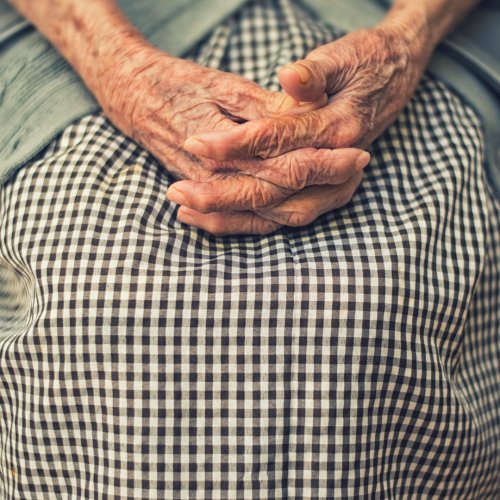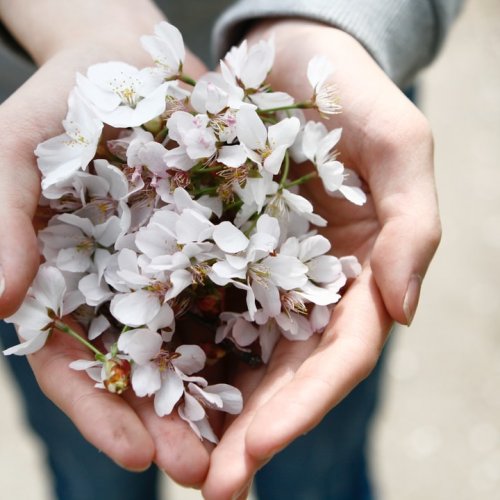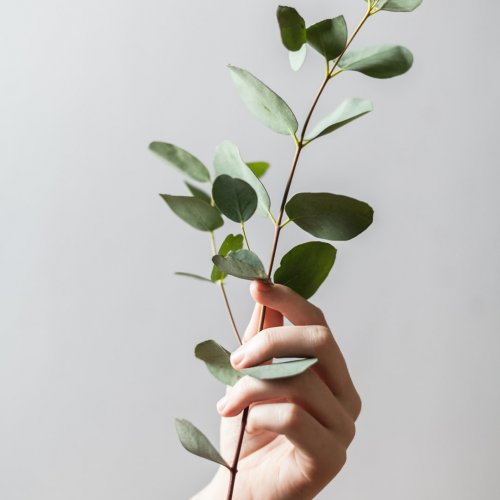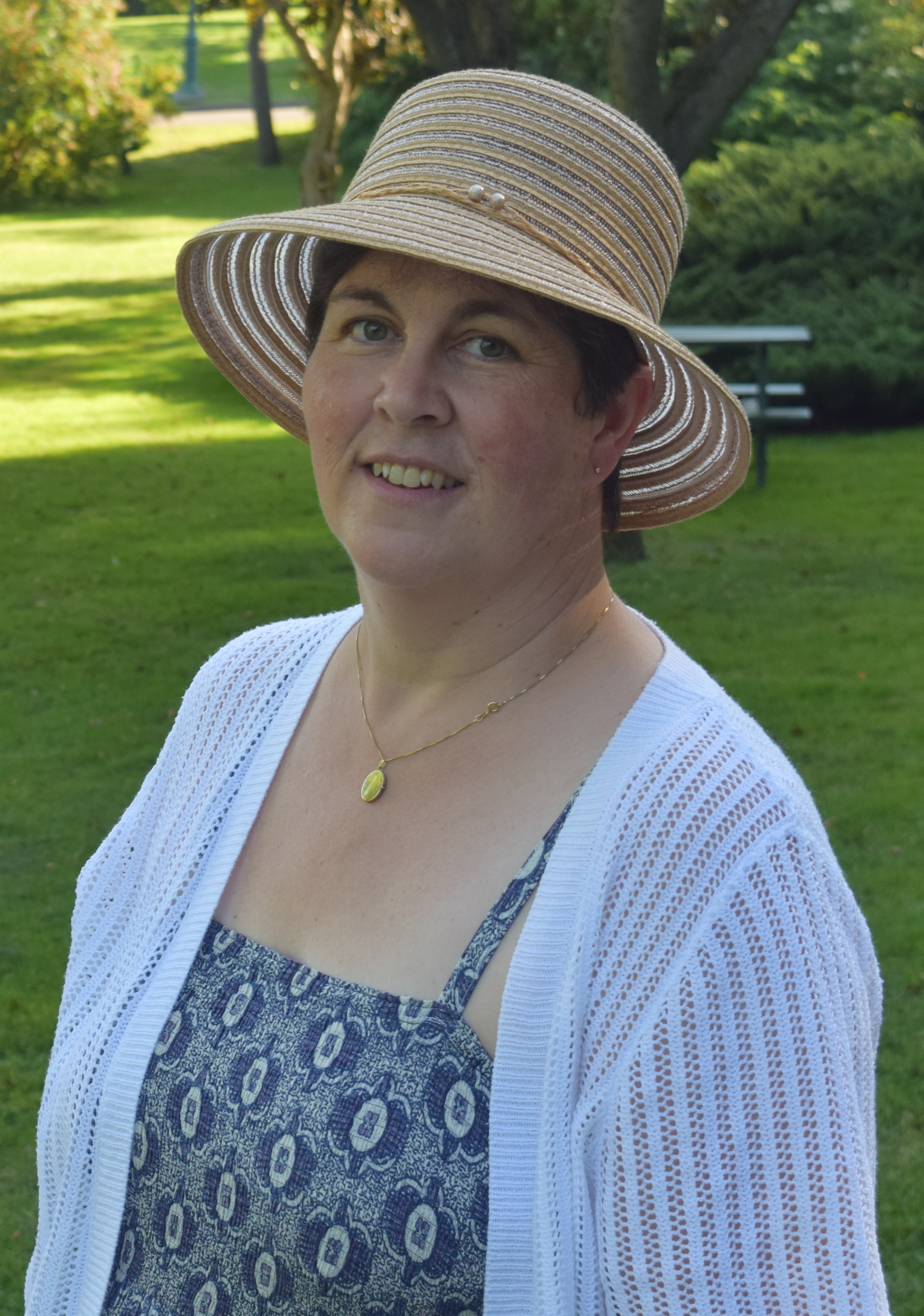Like many people, I was diagnosed with fibromyalgia after a lengthy period of bouncing from one consultant to the next. Each one told me that all their tests were negative and forwarded me on to the next in a confused state of misery and hope; misery at an increasing feeling of not being believed and hope that the next appointment would provide the answers.
My diagnosis, when it finally came, was the marker of the end of this particular road, rather than the beginning of the treatment and cure I longed for. It was a label to mask the fact that the medical profession could find no clear answers to the strange, ever-changing and apparently unconnected symptoms I presented. At best it was an indicator that enough other people had described the same experiences to merit a shared label, rather than our complete dismissal as time wasters.
For me, hope and support towards recovery came after I accepted that medicine had no answers and was lucky enough to stumble upon The Chrysalis Effect, a recovery programme created and run by people who have shared my experiences and found a way through to full health. Since then I have tried to avoid hospitals. Once upon a time, as a nurse, hospitals were places where I felt at home, useful, needed if not always well supported. Since leaving nursing and returning only as a patient and carer they have become places of humiliation, fear and anger.
Today I found myself treading the long, trolley-lined corridors as a patient once more, but this time with a lighter step. Twelve months ago, I walked the same corridor and had to use the fold-down seats to recover my breath and summon enough energy to reach the next stop. Now, after a year of supported self-care, those same cheerfully purple, plastic seats jump out at me, sudden reminders of my progress as I stride past, arms swinging. I am on my way to an appointment with a hand specialist with the tentative diagnosis of osteoarthritis in my hands.
So why the cheery arm swinging you might ask? Osteoarthritis is certainly nothing to smile about, but my success in obtaining this referral is another marker of my progress. I began my whole, miserable fibro diagnosis journey with investigations into hand problems, as the system insists that doctors deal with one body part at a time. The irony was that despite their focus on my hands, they were still baffled by the background of constantly moving aches and pains and couldn’t see the wood for the trees. Complex neurological investigations yielded nothing, and the simple answer of osteoarthritis wasn’t even considered.
It was only when my healing had reached the point where all my pains had gone, except those in my hands, that I realised that this was something different. A chance encounter with an Occupational Therapist gave me the professional recommendation I needed to get past the gatekeeper GPs and to have my hands looked at without the distorting filter of fibro.
Don’t get me wrong, seeing my hands encased in splints and anti-oedema gloves gives me a chill as I ponder my mortality, but I have a choice in how I view the situation. I can focus on the ugly gloves and let it make me feel old, declining, useless, or I can remember that the gloves indicate that this diagnosis is leading to therapy. They are also part of learning the hard lesson that I am not immortal or invincible and need to look after myself better. My hands, like the rest of my body, are struggling because I have abused them for years. I have ignored pain and fatigue in pursuit of a mythical time when I will have ‘caught up’ enough to rest.
Now I understand the need to rest amid the chaos, to value myself above my To Do list and the limitless needs of others.
Now I understand that the goal of recovery so that I can carry on as before is stupid.
Now I have a new challenge.
I have spent the past five years working with my volunteer team to help people identify and overcome the barriers that prevent them from gardening. I have spent hours demonstrating ‘adaptive technologies’, problem solving with frustrated ex-gardeners and novices alike how to grow with painful joints, limited vision, poor manual dexterity… It’s time to put all this into practice and to see for myself that using adapted tools and changing my practice to protect my hands is a sign of growth and not of weakness and failure.
What are you working towards? Is your goal being able to get back to doing what you used to do? Since what you used to do is why you're here, why not aim for something better?





